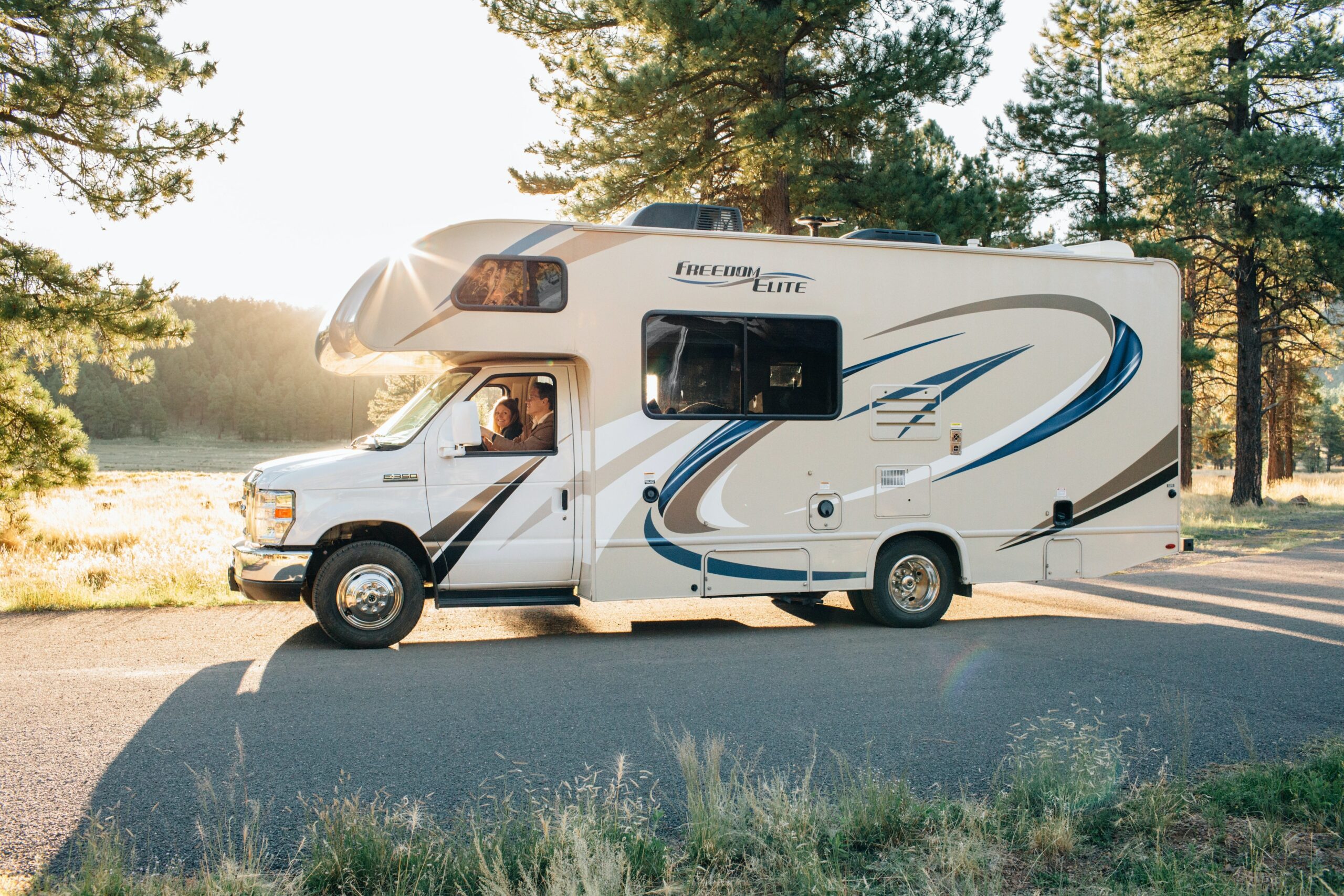Avoid These Common RV Problems
It’s unavoidable – no matter how much you spend on an RV, you will still have maintenance costs periodically. To help offset some of those costs and stave off costly issues before they develop, it’s a really good idea to take your RV to a professional and have a 50-point inspection done every year.
While some repairs will no doubt be inevitable – things do happen – you can at least focus on the most common problems RVs face.
Tire Blowouts
This is probably the most common issue, especially in hotter climates where the highway heats up:
- Be sure to research the tires you have and know their load rating for the weight of your camper.
- Get an equalizer system as part of your towing equipment, so no one tire is weighed down over the others.
- Know the optimal inflation level of your tires, and always maintain it. This means checking your tire pressure before every trip and always eyeballing your tires for signs of going flat.
- Regularly check the tire’s sidewalls for cracking, which is a sign that your tires will need to be replaced soon.
Window and Roof Leaks
All campers are susceptible to water leaks; as such, they all require maintenance about twice a year. This includes replacing all old and worn-out sealant around every window, light, and seam, and anywhere else there is an opening. Check your RV manual to see if they recommend a certain sealant to use on each component of the vehicle. It could be silicone, butyl tape, or similar.
While it is possible to perform this maintenance task on your own, if you can, it is much better to hire a professional to do it, as it tends to be painstaking work. If you don’t get this handled, eventually mold or rot will set in and you’ll have to gut the interior.
A Malfunctioning RV Toilet
The main issue you’ll likely encounter here is a clogged toilet. Much like one at home, this can be remedied by a good plunger. However, if you have a bad sea or gasket causing a leak around the toilet. To prevent clogs:
- Make sure your black dump valve is closed to prevent liquids from draining out while solids stick to the sides.
- Only use toilet paper made for RVs or that are quick-dissolving.
- Let the toilet bowl fill completely before flushing.
To fix RV toilet clogs:
- Break up solids with chemical de-clogging products that are safe for septic systems.
- Use a flexible toilet wand.
When the Water Lines Burst
Burst water lines usually happen in cold temperatures, but improper water pressure can cause problems in any type of weather. Always have a water pressure regulator hooked up to water intake hose. If you will be driving your RV in below freezing temperatures, be sure to have your camper professionally winterized to prevent water line bursts.
Battery Failure
One of the main killers of RV batteries is corrosion. Therefore, you should regularly inspect batteries to ensure that contacts are clean and free of moisture. Try to clean your terminal connectors with wire brushes or baking soda. Commercial terminal battery cleaners are also available. Additionally, keep the batteries fully charged at all times – this is essential for long-term performance. Regularly check them – letting them go to below 20 percent charge will damage the battery. And when storing your RV, completely disconnect the batteries before storage.


